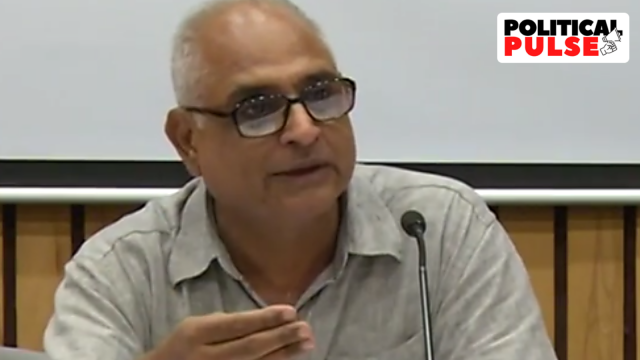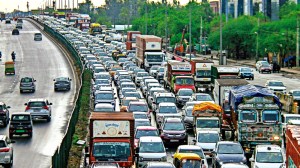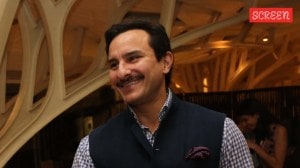A MEMBER of the Justice Rohini Commission to study sub-classification of OBCs, constituted by the Narendra Modi government in its first term, has come out in support of the caste census as well as the Supreme Court’s recent verdict allowing states the powers to sub-classify Scheduled Castes (SCs) and Scheduled Tribes (STs) for the purpose of reservations.
J K Bajaj, who served as chairman of the Indian Council for Social Science Research (ICSSR) between April 2022 and August 2023, under the previous Modi government term, has co-authored a book titled ‘Making of a Hindu Patriot: Background of Gandhiji’s Hind Swaraj’, which was launched by RSS chief Mohan Bhagwat.

While a caste census is the primary demand of the Opposition, particularly Congress leader Rahul Gandhi, the Modi government has kept a careful silence on the Supreme Court order regarding sub-quota in SCs/STs. Dalit leaders, including members of the BJP and its allies, have spoken against such sub-classification.
Speaking to The Indian Express, Bajaj said he was open to sharing his opinions on the issue, but said he did not intend to write to the government on it.
“The beauty of a census is that once you enter the caste, other datasets get associated with it. You know how many people have done an MA and how many of them have completed BA. Details about their houses – rural or urban, pucca house or otherwise – become clear. A caste count is only a count, while a census gives out socio-economic data,” he said.
Talking about the 2011 Socio-Economic Caste Census (SECC) carried out by the UPA government, Bajaj said it could not capture the full data as a proper list of castes was not provided to the enumerators. “It is important for enumerators to carry a complete list for a census to be meaningful. Compilation of the list would take several months, like was the case in Karnataka (which carried out its own census along the lines of the SECC). Also, data of castes which do not enjoy reservation needs to be captured,” he added.
The SECC’s caste-wise data – the first such compilation since the 1931 Census under British rule – was never released by the UPA government, though its insights about the economic deprivation of backward groups, including SC/STs, is used by the government to identify beneficiaries of several schemes.
Story continues below this ad
Bajaj also underlined the need for a count of community-wise representation in government jobs and public higher education institutions, and said data of each community whenever a person is appointed or admitted in state-run bodies should be kept. “This way, we will have the data in a year or two, a huge data set on which caste has availed how much reservation.”
Elaborating on the limitations of the current system, Bajaj said the government currently only records SCs and STs in government jobs and public institutions. “We need to collate a report based on individual caste or tribe, which will require certain digital infrastructure,” he said.
For some time now, Gandhi has been framing his demand for a caste census saying backward groups do not have enough representation in public institutions.
In order to ensure better distribution of reservation among castes, Bajaj added, sub-classification is the next step. “I have studied SC representation. For instance, there is gross inequality in Central services. Only sub-classification will ensure that a lion’s share of the benefit does not go to a small section of the SCs. However, the skew among OBCs is not as high as it is in the SCs,” he said.
Story continues below this ad
Asked about the Congress slogan of “Jitni aabadi, utna haq (representation as per numbers)”, Bajaj said he was not in favour of it, adding that there must be affirmative action and not “distributive action”.
The Indian Express also reached out to Justice G Rohini, who headed the panel that looked into OBC sub-classification, but she declined to comment on the matter.
The Rohini report, which was submitted to the government in August 2023, is also yet to see the light of day.

































